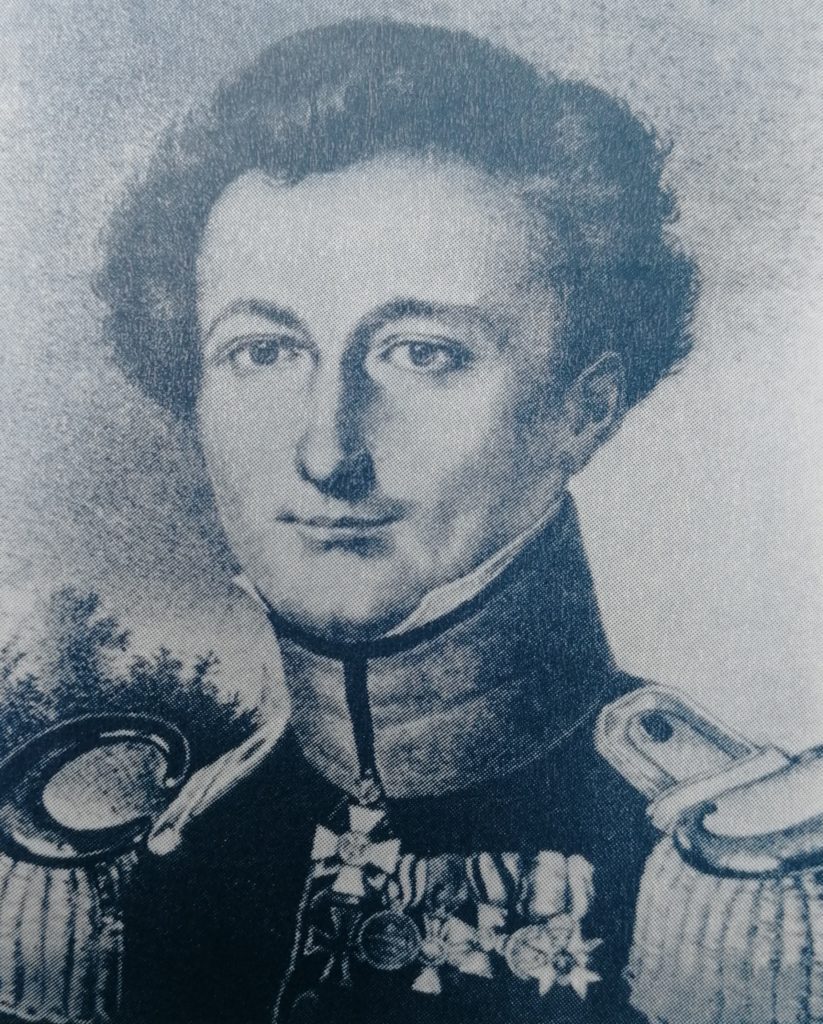
Since the Islamic Revolution of 1979, Iran has adopted a political system mixing democratic and theocratic elements. This duality raises the question of the true nature of the Iranian regime. Is Iran a democracy?
A formal democracy, the Iranian political system is in reality subject to the domination of unelected institutions.
Elected institutions
Iran’s parliament, called the Majlis , is one of the country’s key democratic institutions. It is made up of members elected by the people every four years during legislative elections. The Majlis proposes and adopts laws, and supervises the actions of the government.
However, parliament does not have direct jurisdiction over matters of foreign policy or defense. These areas fall within the sphere of influence of the Supreme Leader and bodies related to national security.
Indeed, the powers of the Majlis are limited by the Supreme Guide and the Council of Guardians. These bodies have the power to reject laws that they deem to be contrary to the Islamic Constitution or the principles of the Islamic Republic. Additionally, the Supreme Leader holds final authority over state affairs. This effectively limits the independence and effectiveness of parliament in certain political decisions.
The President of the Islamic Republic of Iran is also elected by universal suffrage every four years. Although subject to certain limitations by the Supreme Leader and the Guardian Council, the president holds significant executive powers, particularly in matters of domestic policy.
Read also What is Identity? Amin Maalouf, In the Name of Identity
Is Iran a democracy? The domination of unelected institutions
Real power in Iran, however, resides in unelected institutions, primarily the Supreme Leader. The Guide, currently Ali Khamenei, is the country’s highest political and religious leader. He is responsible for overseeing all aspects of Iranian politics, including and especially the armed forces and the judiciary.
The concept of Velayat-e Faqih, or the “rule of the religious jurist,” frames Iranian politics. It is the Guide which defines the framework within which the Islamist republic acts. The elected institutions therefore act under the supervision of the guide’s office. This notion gives the Guide superior authority, justified by his knowledge and interpretation of Islamic law. This concentration of power in the hands of a single person calls into question the democratic character of the regime.
The Guardian Council, another unelected institution, also limits Iranian democracy. It is composed of members appointed by the Guide and the head of the judiciary. The council’s task is to verify the conformity of laws with the principles of Islam and the Constitution. Among other functions, it has the function of filtering candidates for elections. It thus limits the choice of voters to candidates approved by those in power.
Human rights in question
HUMAN RIGHTS VIOLATED
Iran faces widespread international criticism over its human rights situation. The Guide restricts freedoms of expression, assembly and religion. Arbitrary arrests, torture and executions are regular. Human rights defenders, independent journalists and political opponents face persecution, with cases of prolonged detention without fair trial.
The arbitrariness of power and its brutality were at the origin of the riots which shook the country in 2022. The death of a young 22-year-old Kurd, Mahsa Amini, murdered by the moral police after her arrest, had provoked riots across the country. This violence was fueled by frustrations accumulated due to the difficult economic situation, poor governance and human rights violations.
MINORITIES POLITICALLY REPRESENTED, BUT DISCRIMINATED AGAINST
Although religious and ethnic minorities in Iran have some political representation, particularly in parliament, they still face systemic discrimination. Minorities such as Kurds, Arabs, Baluchis and Azeris regularly complain of political, economic and cultural marginalization. Discriminatory laws and restrictive policies often limit their access to employment opportunities, education and public services. Despite their presence within political institutions, these minorities continue to struggle for equal recognition and genuine representation in all aspects of Iran’s social and political life.
*
Is Iran a democracy? Although Iran has some elected democratic institutions, unelected institutions largely dominate the country’s political system. The Supreme Leader holds the reality of power. Iranian democracy can only be deployed within a restricted framework determined by the Guide. It is a combination of formal democracy, theocracy and very real authoritarianism.

